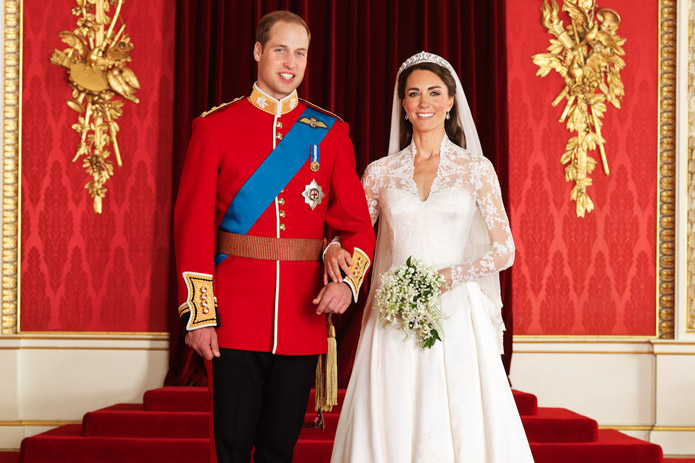Defining coaching and its three distinct types
A coach is not a consultant, therapist, counsellor or mentor. Let’s use the simple analogy of riding a bike to explain the differences.
Therapists would help you learn what is holding you back from riding a bike and would delve into your past to discover what kind of experience you had with a bicycle when young.
Consultants, meanwhile, would bring you the bicycle manual and tell you everything about its workings, then depart and return six months later to see how you were doing.
Mentors, on the other hand, would share their experiences of bike riding and the lessons that they had learned, and bestow on you their bicycle riding wisdom.
Coaches, however, would help you get on the bicycle and then encourage, endorse, acknowledge and support you while running alongside until you felt comfortable enough to go it alone. Coaching helps identify your skills and capabilities and enables you to use them to the best of your ability and increase your independence.
The aim of coaching is to get you from where you are to where you want to be.
There are three types of coaching:
Executive coaching: Anyone in an executive role knows it can be tough at the top. Deadline pressures and unrelenting demands on your time and personal energy can take their toll on your professional performance and personal life. It can be lonely, too. The higher up the career ladder you progress, the fewer colleagues you seem to have with whom you can talk through the issues and share the challenges of the working day.
Executive coaching gives you the opportunity to discuss issues and challenges and offers unbiased and confidential support. It then helps you develop your ideas about the best way forward. There is a wide variety of issues that can be addressed by executive coaching, including: enhancing organisational performance, dealing with people and difficult situations, improving communication, decision-making, presentation skills and working with teams.
Career coaching: Statistics show that people generally spend more time deciding what car to buy than what their next job role should be. Are you satisfied with your current position? Are your employer’s goals in line with your own? If you are self-employed, are you running the business or is the business running you?
We often ask ourselves these questions, but don’t necessarily answer them. Career coaching can help you face these questions, look at where you are now and get to where you want to be in the future. Career coaching can assist you in resolving a broad variety of situations, focusing on such areas as preparing for a career change; moving to a more senior role; creating a work-life balance; setting up your own business; and relocating to another country.
Life coaching: Why would anyone need life coaching? Isn’t that what friends are for? Well for some issues, yes, friends can help, but for others a more professional approach may be required. Where strong emotions, deep-seated fears or long-established behaviours are involved, the open-minded, rational and positive approach of a life coach makes a real difference.
Life coaching does not deal in successes or failures, but focuses on the things you want to change and supports you in creating a strategy to implement those changes. Typical issues include resolving conflicts; changing destructive behaviours; improving professional and personal relationships; and moving forward after a life-changing event.
Coaches ask powerful questions that help you reach conclusions. They help you create awareness, set goals and plan actions while developing a confidential, supportive and trusting environment.
www.eurekamoments.net
anne@eurekamoments.net






